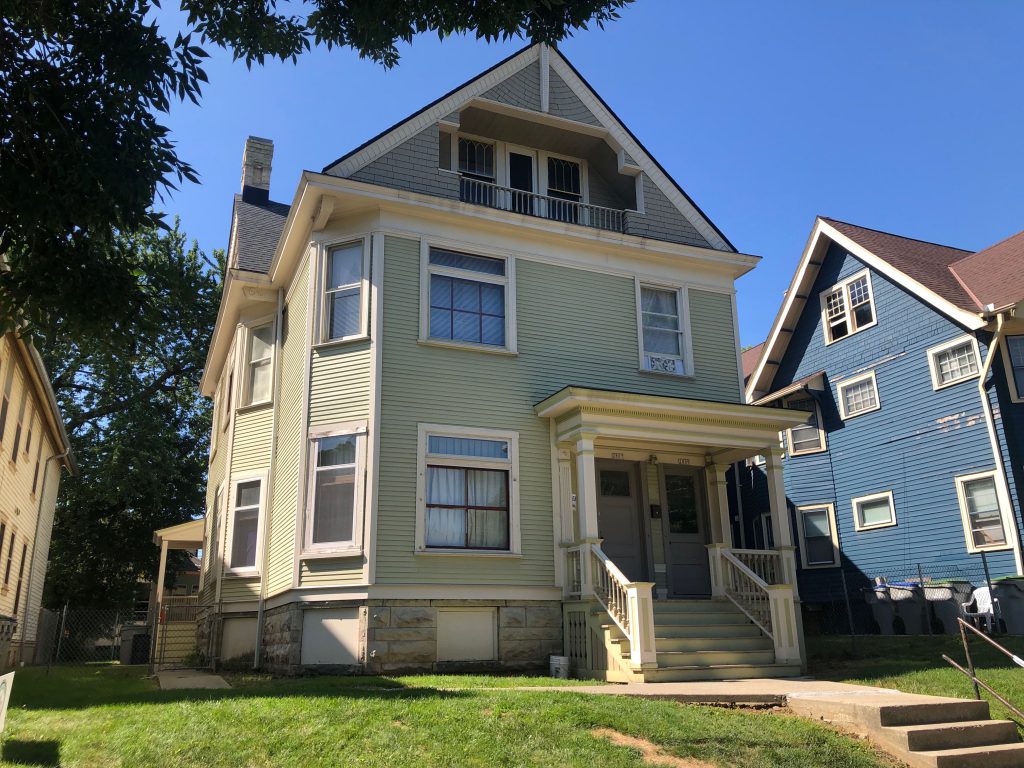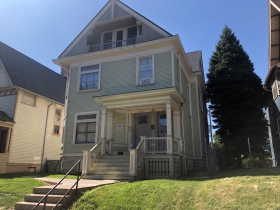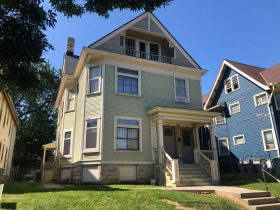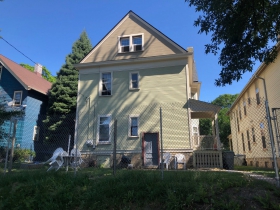City Moves to Close Slumlord Loophole
Low-price city homes for "owner occupants" who turn them into rental properties creates call for reform.
City officials are moving to close a loophole exploited by landlords who buy city-owned homes at below-market rates, promise to be an owner-occupant and instead lease them out as rental properties.
The move comes in response to the July revelation that minister and hairstylist Hosea Bates had purchased a home in the Concordia neighborhood for $7,500 that the city invested $128,000 for repairs through the Housing Infrastructure Preservation Fund and was using it as a rental property.
“This is borderline criminal. This is borderline theft. $128,000 invested, we sell it for $7,500 and it’s back to a rental,” said Ald. Robert Bauman in July. He said it should have been obvious that Bates, who gave a Glendale address as his prior home, was not going to live in the property.
The preservation fund, used on approximately 50 homes in the last 10 years, is designed to improve neighborhoods by rehabilitating city-owned properties acquired through property tax foreclosure and selling them to owner-occupants who become stabilizing influences in the neighborhood.
If Bates is found not to live in the property he would be subject to a fine of the purchase price of the house or $25,000, whichever is greater.
In addition to homes funded through the program, the city has sold hundreds of other homes in as-is condition to buyers who have told city officials they would live in the properties.
The response from the Department of City Development and independent City Attorney’s office is to create a new addendum to the sale agreement to guarantee inspection rights to the property, instituting a sworn affidavit that the buyer will reside in the home and requiring the homeowner to provide proof of residence at the property.
Bauman pushed to make the penalties higher, using a formula to determine the damages.
“Each piece of real estate is unique,” said assistant city attorney Gregg Hagopian. “Once you get to some across-the-board notion like that you have to look at the unique facts and circumstances of that single parcel.”
“Net investment less sale price, then you’re at the net benefit they received,” said Bauman.
Hagopian said the city must consider what a judge would grant under various scenarios.
“Just think about it, you don’t have to decide today,” said Bauman. Hagopian offered to set up a meeting with Bauman to discuss options.
“We’re making progress, that’s great,” responded Bauman.
What’s happening with Bates’ case? Assistant city attorney Adam Stephens declined to provide an update at Monday’s Joint Committee on Redevelopment of Abandoned and Foreclosed Homes and said he would update Bauman offline.
If you think stories like this are important, become a member of Urban Milwaukee and help support real independent journalism. Plus you get some cool added benefits, all detailed here.
Eyes on Milwaukee
-
Church, Cupid Partner On Affordable Housing
 Dec 4th, 2023 by Jeramey Jannene
Dec 4th, 2023 by Jeramey Jannene
-
Downtown Building Sells For Nearly Twice Its Assessed Value
 Nov 12th, 2023 by Jeramey Jannene
Nov 12th, 2023 by Jeramey Jannene
-
Immigration Office Moving To 310W Building
 Oct 25th, 2023 by Jeramey Jannene
Oct 25th, 2023 by Jeramey Jannene

























